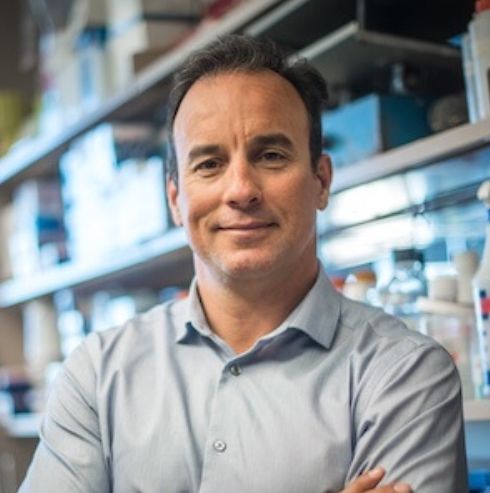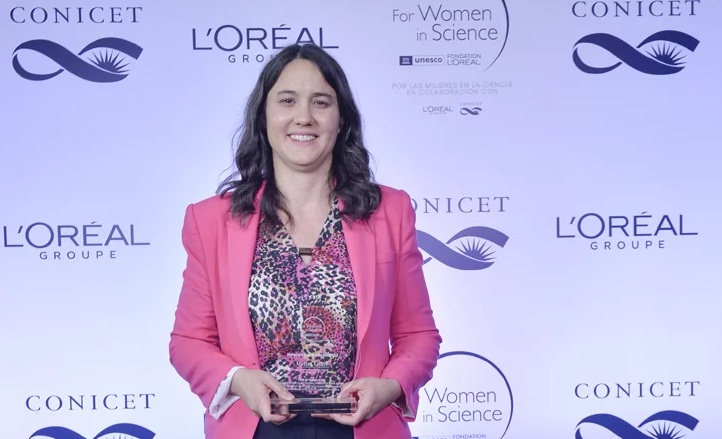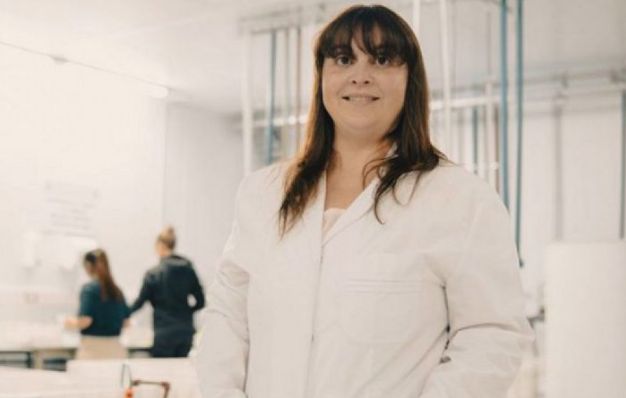Joaquín Espinosa is an Argentine biologist who graduated with a degree in Biology from the National University of Mar del Plata in 1994. The following year, he began a Ph.D. in Biology at the University of Buenos Aires.
Espinosa has made significant contributions to the fields of medicine and biology, particularly in relation to Down syndrome. Currently residing abroad, he has carried out research both in Argentina and the United States.
Among his most notable roles, Espinosa serves as the Executive Director of the Linda Crnic Institute for Down Syndrome. His extensive professional career has earned him numerous awards and recognitions for his research and contributions to biological sciences.
Espinosa and His Ongoing Commitment to Science
While completing his academic training in Argentina, Espinosa also engaged with various institutions related to biological sciences. He has been affiliated with the National Scientific and Technical Research Council (CONICET) and the Institute for Research in Molecular Biology and Genetic Engineering (INGEBI).
CONICET is a national organization dedicated to scientific and technological research in Argentina, while INGEBI focuses on the application of genetic engineering, particularly gene modification through various technologies. Espinosa also maintained strong academic ties with the Faculty of Exact and Natural Sciences at the University of Buenos Aires.
His relocation to the United States was driven by the opportunity to pursue postdoctoral research in collaboration with the Salk Institute for Biological Studies—an internationally renowned institution for biological science research. He also became deeply involved in academic institutions.
Espinosa was a faculty member at the University of Colorado Boulder, where he taught in the Department of Molecular, Cellular, and Developmental Biology. He continues to be affiliated with the University of Colorado’s Center for Functional Genomics and the Department of Pharmacology.
The Linda Crnic Institute for Down Syndrome
The Linda Crnic Institute for Down Syndrome is based at the Anschutz Medical Campus of the University of Colorado. The institute is dedicated to research on Down syndrome, with the primary goal of improving the quality of life for individuals with this condition.
Down syndrome occurs when a person has an extra chromosome, affecting physical and cognitive development. The institute conducts biomedical research, including clinical trials and the development of medical treatments.
Espinosa first joined the institute as Associate Director of Science. Since 2017, he has served as the Executive Director and Chair of Genomics.
Espinosa’s Research
Espinosa has led and collaborated on numerous scientific studies, publishing a large number of academic articles. His main research areas include genetics, biology, and medicine. One of his most impactful discoveries is the identification of a hyperreactive immune system in individuals with Down syndrome, caused by genes located on chromosome 21.
He is a member of several professional organizations, including the American Association for Cancer Research (AACR), the University of Colorado Cancer Center, the Trisomy 21 Research Society, and the Human Immunology and Immunotherapy Initiative (HI3).
In Argentina, Espinosa has been awarded gold medals for his academic performance and contributions through CONICET. Internationally, he has received multiple honors, including the Basil O’Connor Starter Scholar Research Award from March of Dimes, the Teaching Award from The Mortar Board Society, and the Young Investigator Award from the Howard Hughes Medical Institute, among others.
In addition to his academic and scientific work, Espinosa has also collaborated with various laboratories and research programs in both North and South America.
Espinosa is recognized as a leading figure in the study of biological sciences and medical research. His work, both in Argentina and the United States, has positioned him as a key contributor across multiple scientific disciplines and in the academic world.




